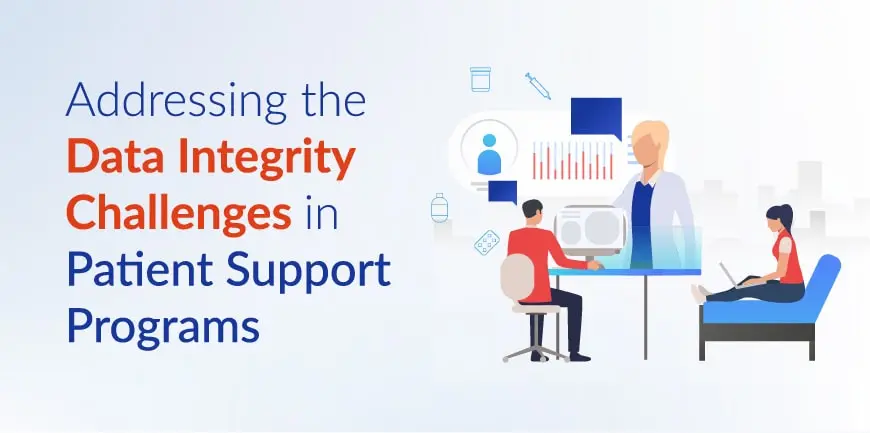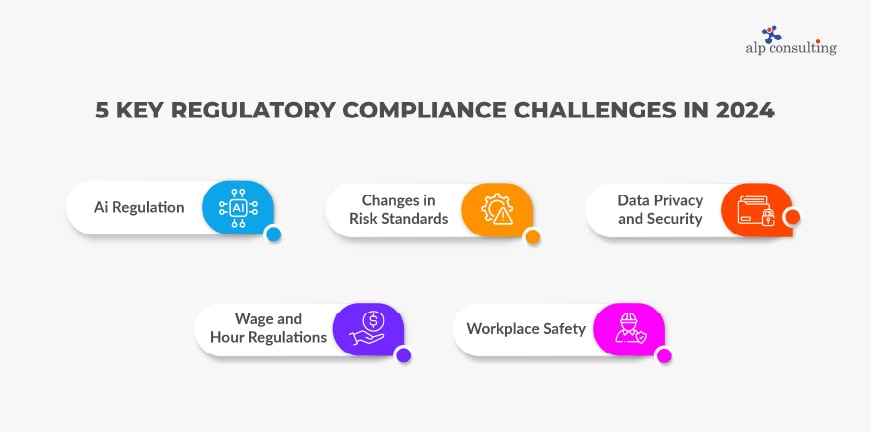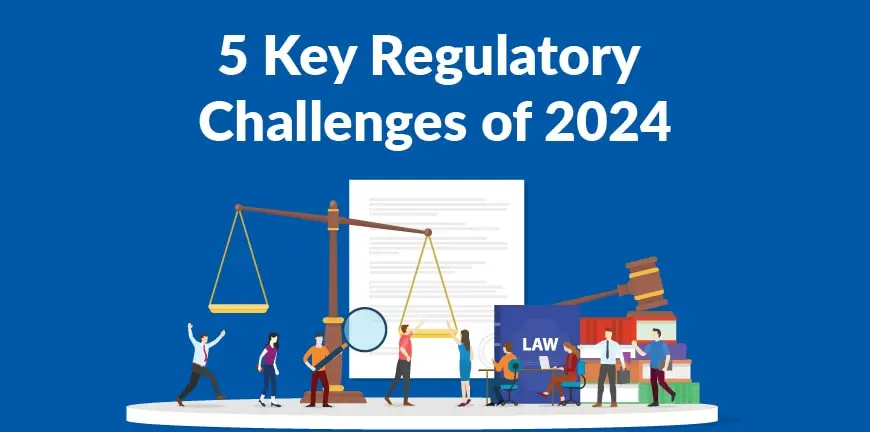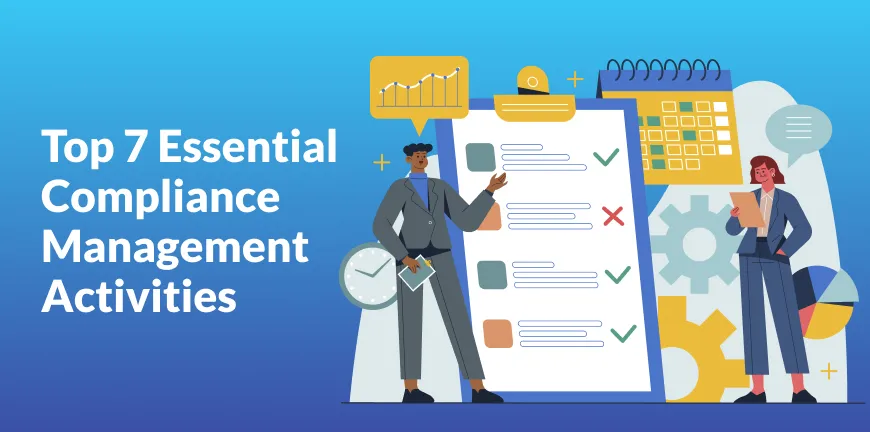
Addressing the Data Integrity Challenge in Patient Support Programs
17/06/2024
5 Things to Do to Help the Future of Campus Placements in IT
21/06/2024Regulatory bodies have always had their say, especially in industries such as healthcare, construction, and food and beverages. And the rules set by the top regulatory bodies become the law for most companies in that industry. It becomes something that is mandatorily followed, and if not, invites suspicions on quality, penalty for non-conformity, etc.
Introduction
Regulatory compliance is a set of rules and regulations set by a regulatory body for a particular industry. These bodies could be government agencies, too. These industry-specific rules and regulations are not easy to implement, especially for a smaller company. It would need to hire compliance experts to ensure they are fully compliant with all rules set for their industry, especially labor compliance. Let us now look at the regulatory challenges you can face as a small or mid-sized company if on the road to implementing regulatory compliance.
What are the 5 Key Regulatory Challenges of 2024?
Regulatory challenges are not the same every year, thanks to the ever-changing nature of the regulatory climate the world over. This means that companies need to be prepared for fresh challenges every year and must hire the right people for compliance and compliance management too.

1. AI Regulation
This one is tough. It’s a regulatory challenge that the best companies out there have a tough time coming to terms with. We are talking specifically about Generative AI here. What are the guardrails that must be in place to ensure AI does not go overboard and leak sensitive information while not holding back information that could help the user?
What must be done to ensure the customer’s details are safely held by AI? When you ask such questions, you are well on the path to regulating AI effectively. If you cannot answer them, though, you will need the assistance of a data scientist or an AI consultant.
2. Changes in Risk Standards
Regulators are now emphasizing the need for stricter risk management measures. There is also a greater demand for agility and to mitigate the risk of disruptions in compliance management by companies.
This means that risk standards are slowly changing. This will help bring good change in the case of repeated offenders in companies and firms, which now are not able to manage their compliance needs because of their size and are also mismanaging regulatory compliance.
3. Data Privacy and Security
Data privacy is a big problem for most organizations. They may lack the necessary infrastructure or the talent that can ensure it happens. The same is true for security as well. Can you imagine what would happen if a person got unrestricted access to the information internal to a company?
He/she could cause irreversible damage by leaking that information or selling it to the highest bidder online. They could also alter processes that might lead to damage both to people and to the environment, especially in biochemical plants or in the pharma industry. There is a need for talented cybersecurity analysts to solve this problem for us.
4. Wage and Hour Regulations
With many layoffs happening and companies looking to increase their profits YoY to maintain a competitive advantage and to grow, people are being forced to work a lot harder than before. Wage and hour regulations are sometimes not paid heed to, which could affect the workplace culture, making way for mistrust, dissatisfaction, and employees looking elsewhere for better treatment and higher wages. There needs to be the active involvement of a compliance manager to ensure such things do not happen and are taken care of as early as possible.
5. Workplace Safety
This is not a workplace challenge that is easy to overcome. 6000 workers die every day due to accidents or work-related diseases. That’s 2 million deaths in a year. With technological progress, one also needs to be aware of how to use the technology.
Are workers in facilities always able to make use of the technology that is provided to them? How many accidents have you prevented at the workplace thanks to technology, letting you monitor the workers remotely? Can workers be trained to use the technology well?
Are your workers and the supervisors following the directives mentioned in the safety guide, and do you have a safety guide to begin with? These are some of the questions that need to be asked with regard to workplace safety.
Are You Looking for a Regulatory Compliance Partner?
Regulatory compliance must not be an afterthought. This is why you need a compliance partner to help manage it for you. Having a partner helps to familiarize yourself with industry requirements and to make sure that the compliance process is being executed correctly, with proper documentation and the involvement of the right stakeholders.
Alp Consulting has been in compliance management for labor for more than a decade, working with top names the world over, improving their brand reputation and talent pipelines, all thanks to better regulatory compliance management. Talk to us today to get your compliance on track.




